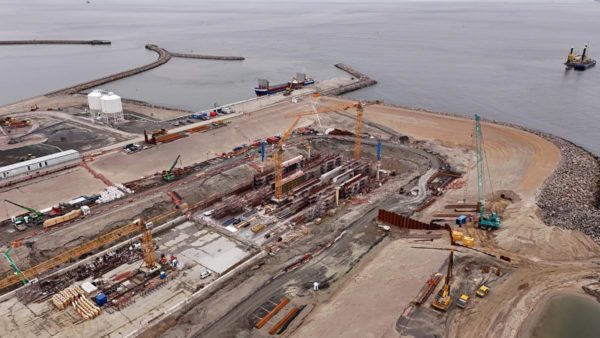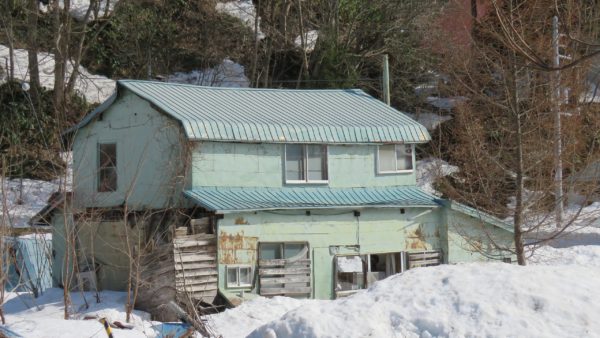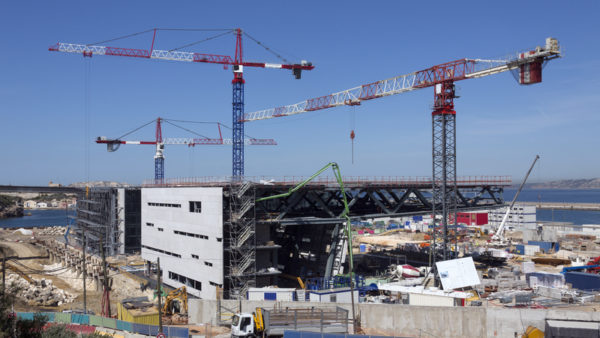Waste heat emitted by appliances such as television sets and refrigerators should be enough to heat a home, and could replace the "eco-friendly" combined heat and power plants and other district heating systems that are often part of new-build developments, according to a UK consulting engineer.
Bill Watts, the senior partner at Max Fordham, said: "Instead of installing complicated heating systems, developers should insulate new builds more effectively. A well-insulated home should only need to be heated for a few days a year.
"These systems are on all year round, producing 52 weeks of bills for heat that customers don’t use or need. Â
"Our priority must be insulating our homes. Good insulation reduces the amount of energy required to keep our homes warm."
A well-insulated home should only need to be heated for a few days a year– Bill Watts, Max Fordham
Watts said that over a lifetime of 25 years, CHP and district heating could add up to £50,000 to the base build cost of a new dwelling, but that heat produced by common household devises coupled with effective insulation should be sufficient to keep people warm on all but the coldest days of the year.
Reducing the amount of wasted heat energy would not only slash fuel bills for consumers, but would also cut carbon emissions and improve Britain’s fuel security.
Watts claimed that £1bn of development funds in London alone had been wasted on "eco-friendly" heating schemes that consume large amounts of energy when compared with conventional systems.
Max Fordham, the founder of the practice, is a fellow of the Royal Academy of Engineering and acted as a judge for the RIBA Stirling Prize in 2005 and in 2006.
Image via iStock
Comments
Comments are closed.











I do agree with the sentiments of this, however we must be careful not to tightly tank our houses as you will not meet provisions of Part F (Ventilation) as properties require, as I am sure you are well aware air changes to ensure fresh clean air is circulated. You then require mechanical ventilation to make up for the lack of natural flow. If you have ‘tanked’ a building you will have to have some form of heat exchange to make up for the lost heat in the air change bringing us back to the expensive heating systems negating the insulation. Also I would not like to comment on the formation of modern insulations however there must be a considerable carbon footprint attached to this